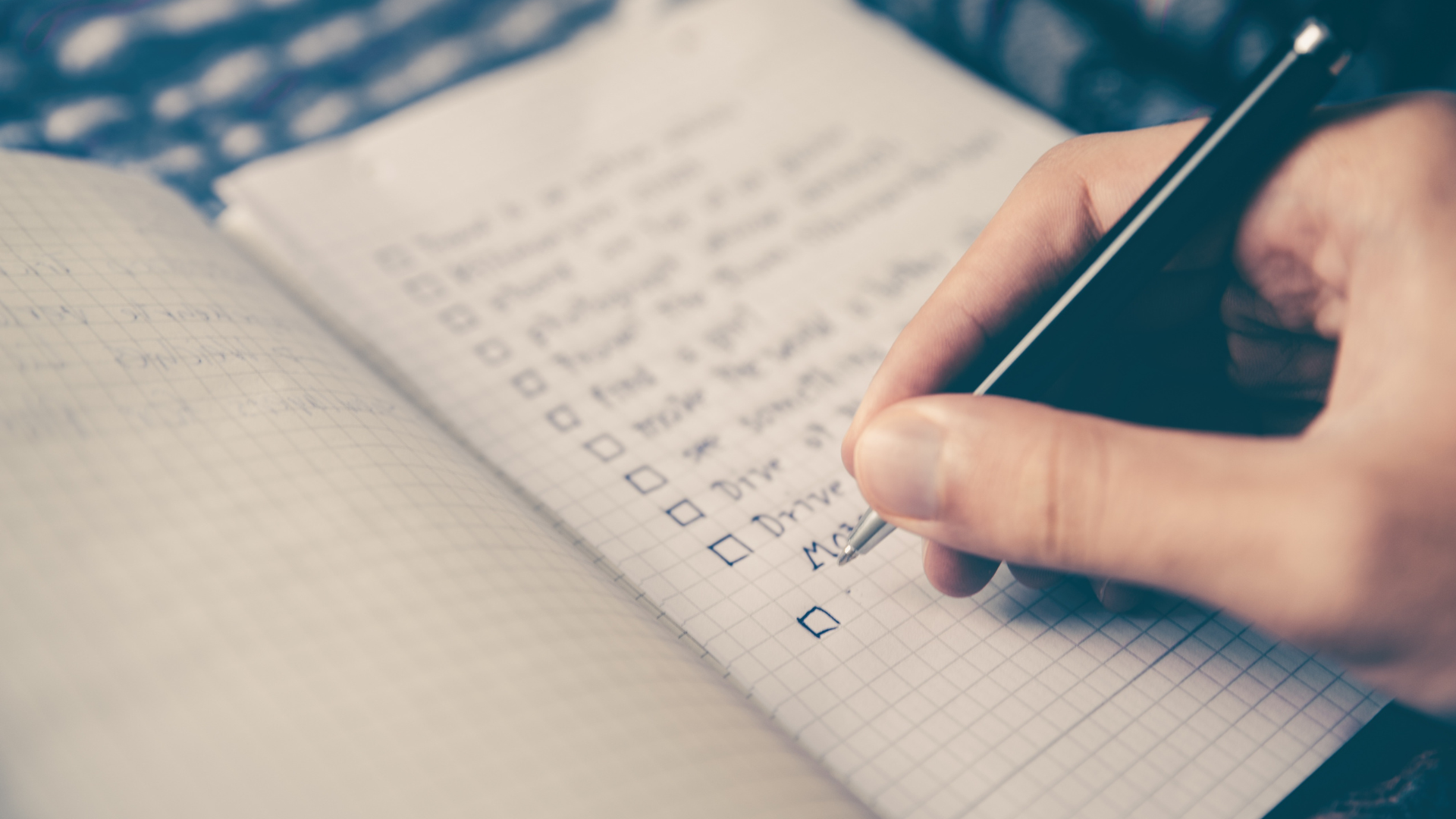Most of us are terrible at evaluating our own interview performance. Some of us will grossly overestimate our abilities, while others perennially underrate their chances of landing the job. Below are a few guidelines to help you navigate the uncertainty.
- The Interviewer Does Most of the Talking.
One of the telltale signs of a successful interview is when the hiring manager or HR business partner does most of the talking. Sure, they might just love to toot their own horn (and who doesn’t?), but if you can get them to really open up about the company and themselves, that’s half the battle won. If you’re asking thoughtful, relevant, non-cookie-cutter questions, you’re engaging the interviewer in a meaningful and memorable way. Plus, the less talking you do, the less likely you are to get exhausted, especially if it’s a long day of back-to-back interviews. And the real decision maker might be the last person to interview you that day, so maintaining your energy level is key. - The Interview Lasts Longer Than Scheduled
If the conversation is a train wreck, or the interviewer has privately decided that you’re not a good fit for the role, you’ll be out of the building on time or perhaps even early. That might give you extra time to run errands, but it usually doesn’t bode well for your chances at landing the job. HR reps and hiring managers are busy people who don’t like to waste their time with unqualified talent. If the interviewer keeps you longer than scheduled, you are worth the time investment and you could be just the candidate they’re looking for. - The Interviewer Asks Challenging Questions, and You Don’t Stumble
If the interviewer peppers you with cookie-cutter questions, you should be prepared. But if instead they throw unexpected curve balls your way, and you’re a quick-on-your-feet kind of candidate, you’ll be able to relate the question to a previous experience and offer a thoughtful response — without faltering. Companies want employees who can adapt quickly, synthesize complex information, and work in environments with high levels of uncertainty – anticipating difficult questions is one way you can demonstrate that you’re up for the challenge. - The Interviewer Asks You About Their Company, And You’ve Done Your Homework
You may never be quizzed about minutiae of the company, like the date of founding or the number of employees, but it’s always a good idea to do your research about the organization before heading to the interview. With press releases, Twitter feeds, blogs and company websites providing a ton of information daily, there is no excuse for ignorance here. Impressing the interviewer with your knowledge of their company is easier than you think, particularly with larger corporations: there is simply too much happening at any one time for any single employee to know everything about their own company. Do your homework. But don’t just list empty facts and figures – connect the dots in a meaningful and innovative way, and always bring the conversation back to the specific value you bring to the table, and what impact you can make in the role. - You Leave Energized, Instead of Completely Drained.
Although even the most successful interviews can leave you feeling a bit tired, an engaging and fun interview will actually put some pep in your step as you walk out. Maybe you and the interviewer identified a common passion, or you wrestled with really challenging yet ultimately rewarding questions. Something during the interview resonated with you and made you hungry (figuratively). You feel like there are still more questions to ask. There are no guarantees, of course, but this is a sign that you’re a good fit for the position. - The Recruiter Follows Up With You (And Has a Substantive Conversation)
If you’re interview process is being handled by a recruiter, you may get a call from them in the hours or days immediately following the interview. The recruiter typically knows how the hiring manager feels about you, and they’ll often ask you how you felt during and after the interview. If the conversation feels short and perfunctory, it may just be a courtesy call. But if the recruiter is asking meaningful questions, they may be getting ready to set up a subsequent interview for you, so make sure to remain tactful, confident and upbeat at all times. - The Interviewer Provides Direct Contact Information
Sometimes interviewers will hand out their business cards out of habit or courtesy, but the more considerate ones might hold back their contact information if they feel you’re not a great fit, or if you’ve handled yourself sloppily during the interview. If a hiring manager or HR rep gives you their card and invites you, in a genuine tone, to reach out to them with any questions, take that as a positive sign – and be sure to take them up on their offer. If you’re (unknowingly) running neck-and-neck with another candidate, following up with a concise and action-based email can make a strong impression and be the differentiating factor that puts you ahead of the pack. - The Interviewer Invites You For Another Round
Yes, this one is probably a no-brainer. Sometimes you’ll be asked to come in for a subsequent round not because they’re unsure of your abilities, but maybe because it is standard HR policy to have a certain number of interview rounds before a formal offer is presented. More likely, there are one or two other candidates who are equally qualified, and the company needs to meet with you to confirm that you’re a cultural fit. Second and third round interviews are a chance for you to get more comfortable with the interviewers while answering (and asking) tougher questions still. Continue to do your company research and build cumulative questions based on information gathered in previous interviews.



